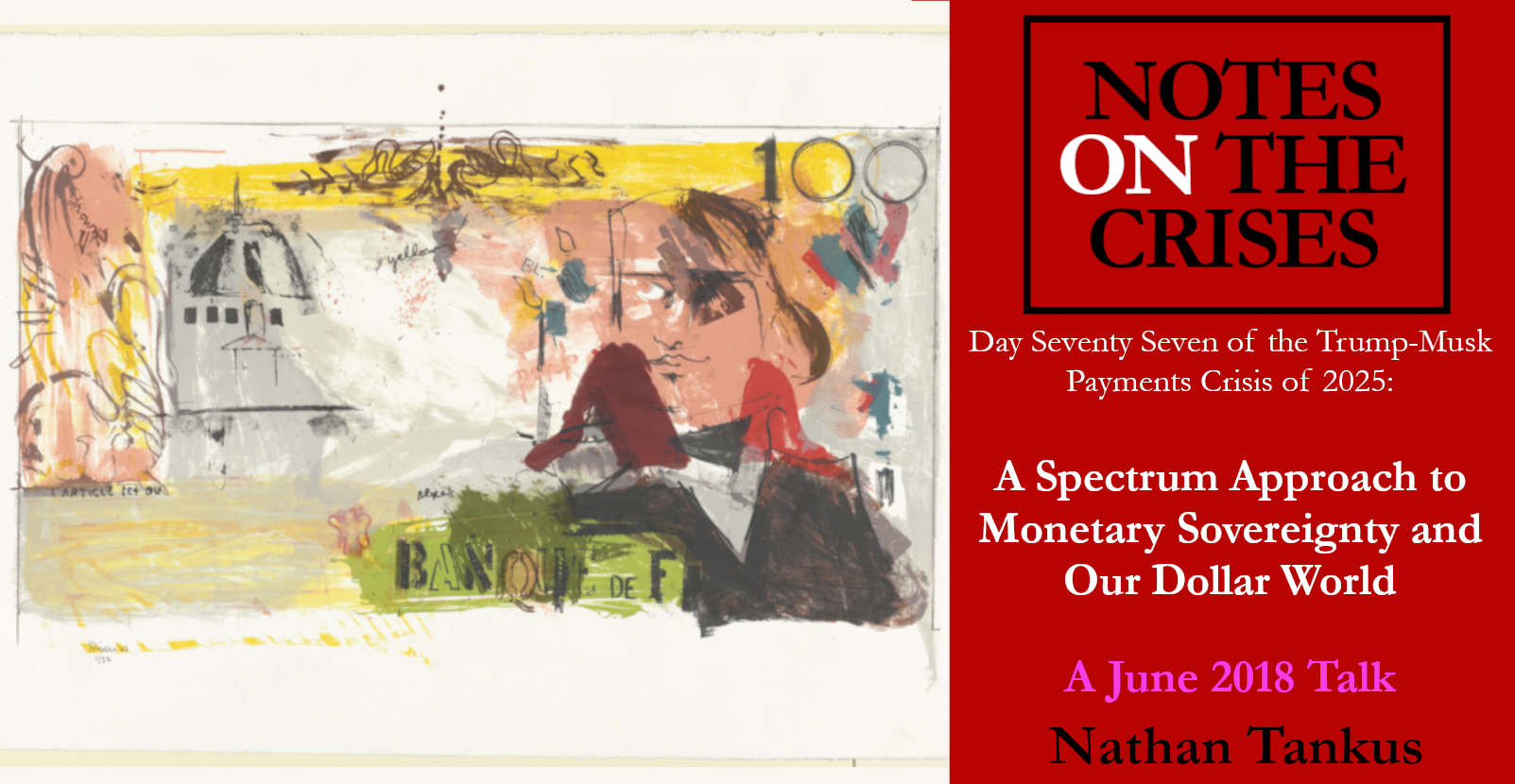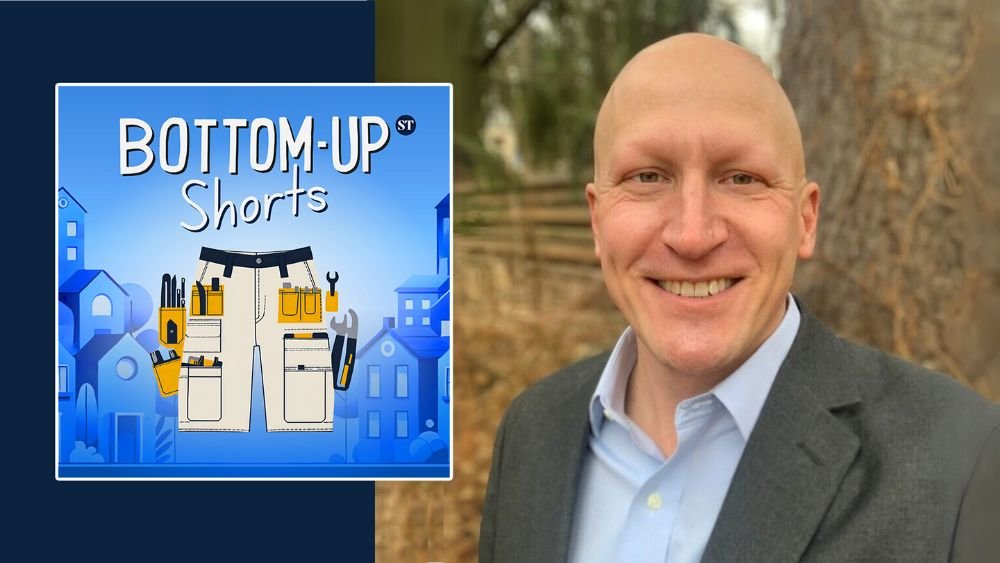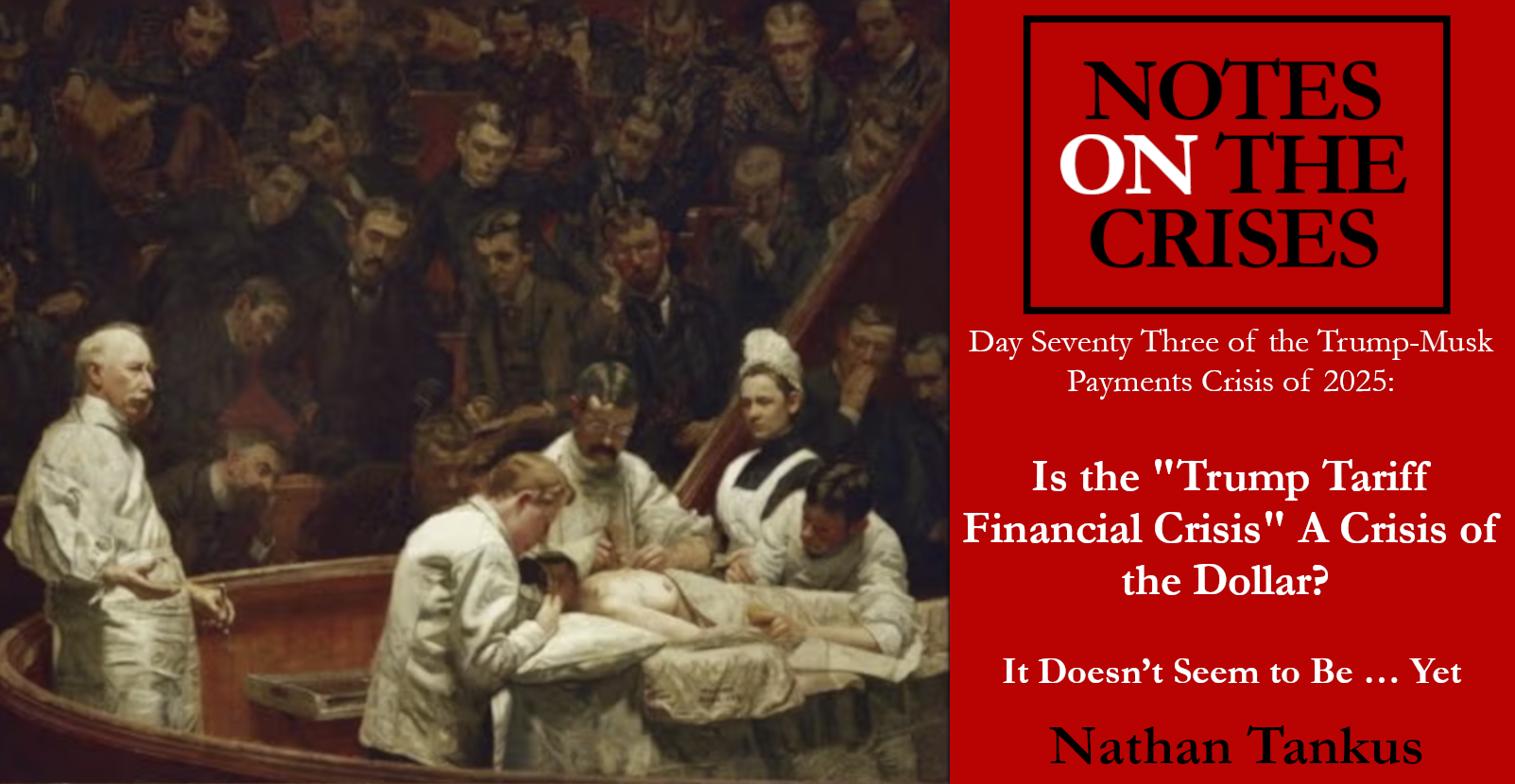New York City is getting all the attention–much deserved–for the breath-taking success of congestion pricing.
Speeds are up, congestion is down, there are fewer crashes, less noise, more people on the streets and better business.
But congestion pricing also works in much smaller metro areas, and doesn’t depend on big investments in transit to work wonders
Louisville, Kentucky’s pricing of the I-65 bridges has reduced traffic by half on I-65, and lowered total crossings of the Ohio River by 15 percent.
Residents of the suburban county North of Louisville now drive about 18 percent fewer miles per day than before pricing was implemented.
Traffic congestion, and bloated highway construction costs, are result of our failure to manage our roads with pricing
There’s a persistent myth in transportation policy that you can’t do pricing until you provide copious and comprehensive improved transit alternatives. That’s bunk. Pricing makes road systems more efficient by giving people incentives to drive less, particularly at peak hours.









